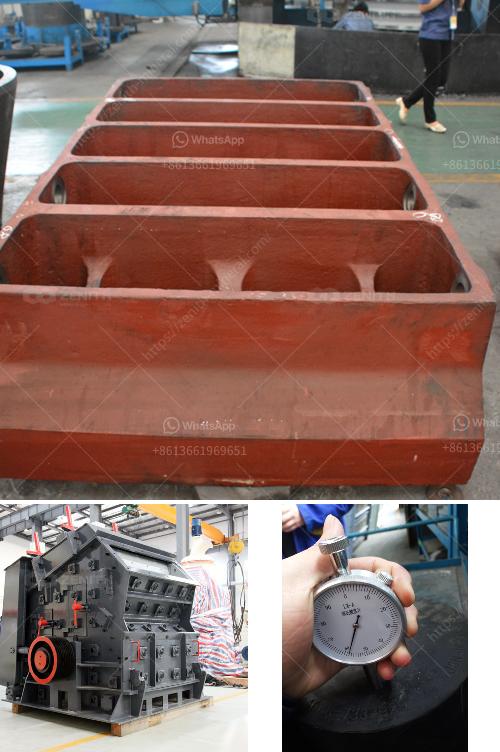Selecting a crusher to crush different minerals involves several key considerations to ensure optimal performance and efficiency. Here are the steps to guide you:
Material Characteristics: Assess the properties of the mineral to be crushed, including hardness, moisture content, abrasiveness, and bulk density. Different crushers are suited for different types of materials. For instance:
Required Product Size: Determine the desired size of the final product. Different crushers produce different sizes and shapes of material. For fine or ultra-fine crushing, vertical shaft impact crushers or high-pressure grinding rolls may be more appropriate.
Production Capacity: Identify the required production capacity of the crusher in terms of metric tons per hour (tph). Ensure the crusher can handle the desired throughput level without excessive wear or downtime.
Operational Considerations: Evaluate operational factors such as ease of maintenance, energy consumption, and operational costs. Some crushers are more energy-efficient and easier to maintain than others.
Crushing Stage: Decide whether the crusher will be used for primary, secondary, or tertiary crushing. Primary crushers, such as jaw crushers and gyratory crushers, are used to reduce large boulders to a manageable size. Secondary and tertiary crushers further reduce the material size to desired specifications.
Mobility and Space Constraints:
Environmental Factors: Consider environmental regulations and requirements, such as dust control, noise restrictions, and emissions, which may affect the type of crusher you select.
Cost-Effectiveness: Compare the initial investment, operating costs, and potential return on investment (ROI). A higher upfront cost may be justified by lower operating costs and greater productivity over time.
Once you’ve assessed these factors, consult with industry experts and manufacturers to match the right crusher to your specific needs. This ensures that you choose a crusher that will perform optimally for the mineral you are processing and achieve your operational goals efficiently.
